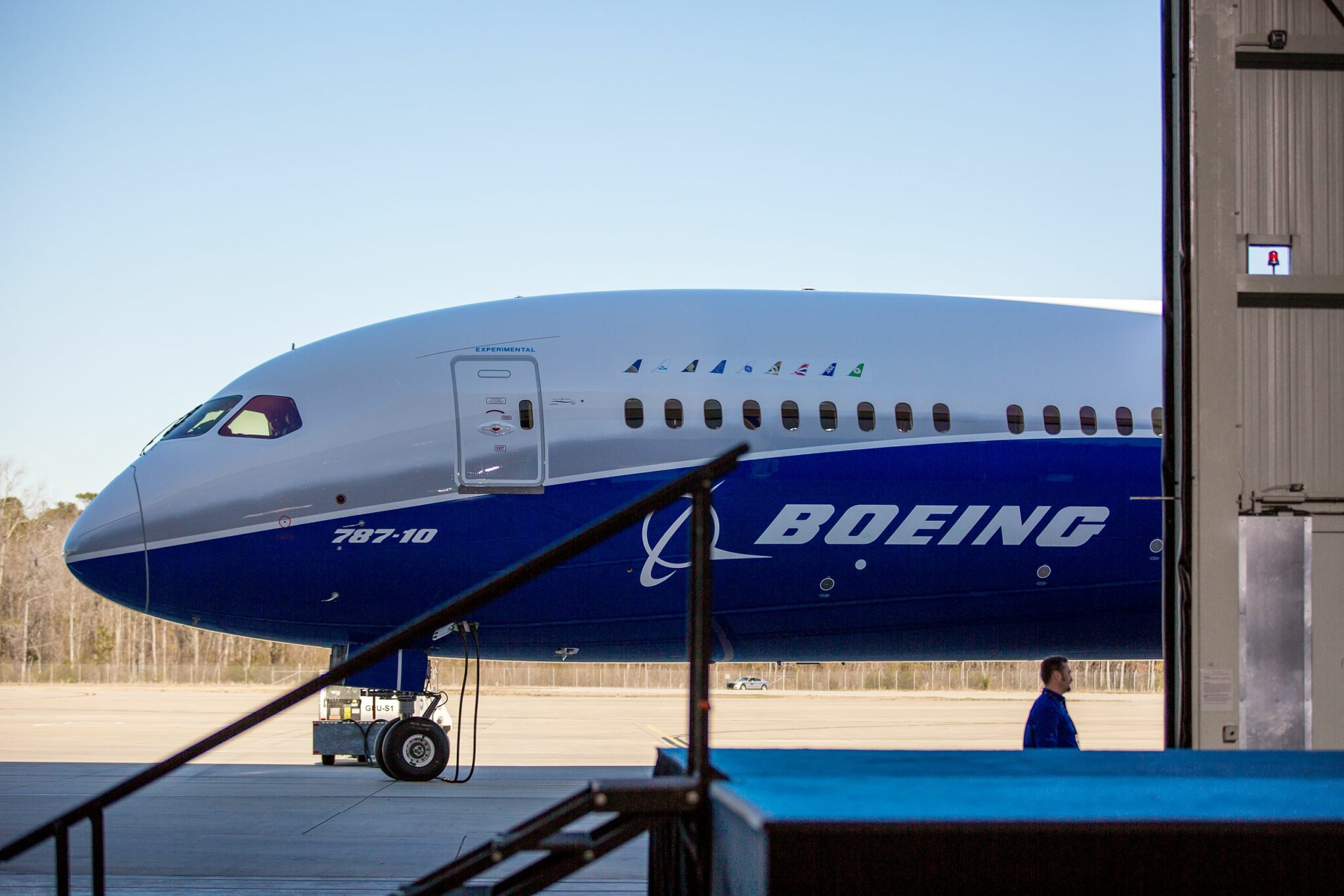In its commercial aircraft finance market outlook 2025 report , Boeing said that, globally, cash had remained a “significant source of funding” for Boeing deliveries in 2024, though its share had declined with lessors providing an increasing amount of financing – particularly for its narrowbodies. Despite 2024 being an unstable environment for deliveries, the financing for these deliveries appears to have remained stable.
“A lower volume of deliveries and distribution of customers also impacted the sources of financing, although the availability of capital remained robust across all product types,” Boeing read in its report.
The company said there was a good diversification of funding sources that provided its customers with a variety of choices and a “solid mix of industry delivery financing” was still available in 2024 despite the challenges faced throughout the year.
The company said it “observed notable regional differences in customers’ access of capital markets, bank debt and lessor financing”.
For North America, Boeing said it expects enhanced equipment trust certificates (EETC) issuance volumes to increase this year, based on the current rate environment.
“Competition for funding of Boeing aircraft in 2024 was fierce, driven by low utilization of delivery financing across fewer aircraft,” the report said. “An increase in delivery volumes for 2025 will raise requirement for both advance payment and delivery financing.
“We expect North American airlines will retain a preference toward owning Boeing aircraft, limiting widespread use of operating leases and creating additional opportunities for finance lease products offered by banks, lessors and alternative lenders.”
However, financing from Latin America was either provided by lessors or banks, with sale and leasebacks (SLB) being a key source of financing. Boeing expects lessors to remain “an important source of funding” this year and beyond for the region.
JOLCO and export credit agency (ECA) activity for narrowbody and widebody aircraft financing in Europe and central Asia is expected to continue this year, with SLB expected to “pick up”, while some lessors will also “selectively provide finance leases” too. The report said: “Some of the previous deliveries funded with cash are expected to be refinanced within the JOLCO and SLB markets.”
Middle East customers continue to receive “favourable terms in a competitive environment” on both widebody and narrowbody aircraft financing, with banks in the region continuing to be “very active” in aircraft financing opportunities.
The report noted that African airlines “continue to face operational issues and currency limitations”, which has “tipped financing structures toward cash, supported financing and leasing options”.
“Government support may still be called upon in certain financing transactions on the African continent, but broader sovereign funding limitations bring obvious challenges to these negotiations,” the report read. “ Multilaterals will continue to play a part in financing African airlines, especially with the advent of the launch of the leasing platform by Afreximbank.”
China is expected to continue relying on domestic financing for future deliveries, with RMB-denominated financing remaining “highly efficient”.
With deliveries having a “slight uptick” last year in Asia-Pacific and India, they still remained “subdued” compared to pre-pandemic levels. Lessor financing was predominant for narrowbody financing and this is expected to grow alongside increased delivery volumes.
Boeing said it expects financiers to approach “concentration limits” and said that diversification of financing will be “essential” – particularly those with a high number of widebody aircraft.
“The ratification and proper enforcement of the Cape Town Convention are crucial to open financing markets in jurisdictions with significant delivery streams in the near term,” the report added.
For the region, Boeing said it expects export credit financing to grow in the coming years with deliveries increasing to customers in certain jurisdictions or credit spectrum where “commercial financing may not be viable or efficient”.
Overall, export credit agencies had supported 5% of Boeing’s deliveries in 2024 and expects a “healthy pipeline” in 2025 as Boeing ramps up its production and deliveries.

